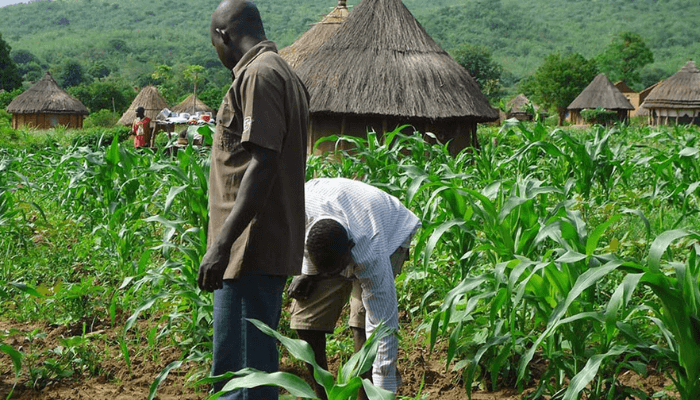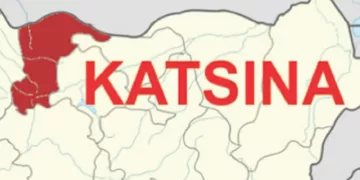Nigerian farmers, like most of their counterparts in other African countries, are grappling with the scarcity of fertiliser, one of the essential farm inputs needed to help tackle the challenge of looming hunger in the country in particular and the continent in general.
Climate change and its attendant negative impact on land has necessitated the need for fertilisers to help boost soil fertility for improved farm yields. Essentially, increased fertiliser use has contributed enormously in stepping up food production and ensuring food security.
However, central to modern day farming as it is, fertiliser is becoming both inaccessible and unaffordable to many medium and low-income farmers in Nigeria due to the exorbitant prices of the commodity as well as the politicisation of its distribution. As at the last count, industry players confirmed that prices of the commodity have risen steeply with a bag of NPK and Urea costing over N20, 000 in the market.
Sadly, support by the state governments through subsidies on the prices of fertilisers are either non-existent or being abused with the real farmers not feeling the impact of such subsidy. Indeed, this has further exacerbated the crisis and made the product not accessible and where it is accessible, affordability for an average farmer becomes an issue.
We are worried that the scarcity of fertiliser makes it a double jeopardy for an average Nigerian farmer who is battling banditry and other criminality. It is a thing of concern that has made farming practically impossible. Confronted with the unavailability and hike in price of fertiliser and the already disturbing situation, the farmer is facing the inevitability of low yields at harvest.
Only recently, the executive secretary of the Fertiliser Producers and Suppliers Association of Nigeria (FEPSAN), Gideon Nagedu claimed that, there is only scarcity of Urea, which he said was caused by supply gap from the production plants. But available facts including concerns raised by most farmers showed clearly that indeed, scarcity is not limited to only Urea.
Though not oblivious of the fact that the global situation necessitated by the COVID-19 lockdown and the current war between Russia and Ukraine may have exacerbated the scarcity of fertiliser, we, however, enjoin government at all levels to adopt practical measures towards enhancing access to fertiliser because the current scarcity is threatening food security.
In the meantime, this newspaper considers it appropriate to raise posers concerning the effectiveness of the local production capacity. For instance, how effective and optimal are the operations of the nation’s fertiliser blending plants? What are the challenges hindering the plants from operating at full capacity? These are the real issues as the nation attempts to resolve the matter of scarcity of the all-important farm input.
We recall that in 2016, the federal government signed a pact with a leading global provider of phosphate and its derivatives, OCP Morocco, geared towards boosting local fertiliser production.
The plan was to utilize Nigeria’s gas and Morocco’s phosphate to produce ammonia and phosphate fertilisers. Government said the MoU was to utilise Nigeria’s gas and Morocco’s phosphate to produce 750,000 tons of ammonia and one million tons of phosphate fertilisers annually by 2025.
It is trite to argue that investment in fertiliser production will not only help Nigeria to be self-sufficient in food production, but also help it grow the economy and guarantee adequate food supply. Perhaps it is fitting to laud the initiative by the Dangote Group for its commitment to strengthening local production of fertiliser in Nigeria through the $2.5 billion fertiliser complex.
We believe, like most Nigerians, that when fully operational, the Dangote Fertiliser would contribute significantly to making Nigeria self-sufficient in fertiliser production with excess capacity exported to other African countries and other parts of the world.
Clearly, there is a growing fertiliser demand in Nigeria. Addressing this demand by making the product available and accessible to farmers will hasten the nation’s drive towards sustainable food security.
It is our considered opinion that the government’s much talked about desire to focus on agriculture as the major driver of the nation’s diversification agenda can only make sense when all the encumbrances to accessing fertilisers and other farm inputs are clinically addressed. Including the interference from politically exposed persons. That factor has remained the bane of fertiliser production, distribution and utilisation.
There are different reasons why the government cannot afford to neglect the agric sector. This sector currently serves as the largest employer of labour. With about 33 percent unemployment rate, Nigeria has no choice but to prioritise agriculture because of its potential to create jobs and enhance the drive towards food security.











